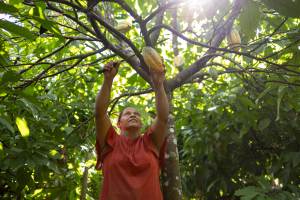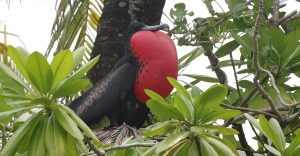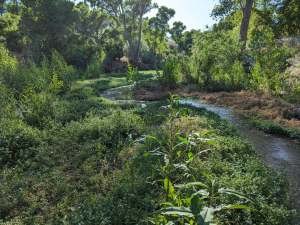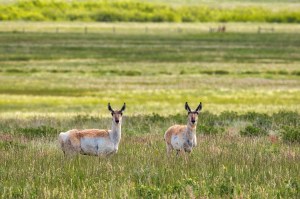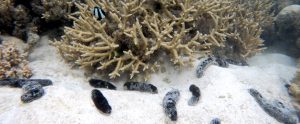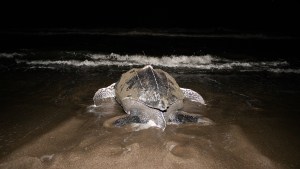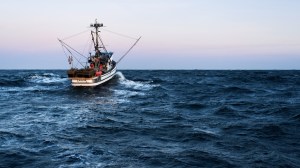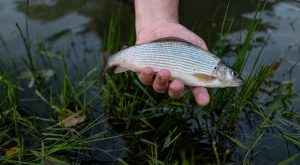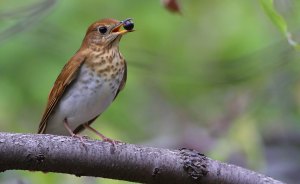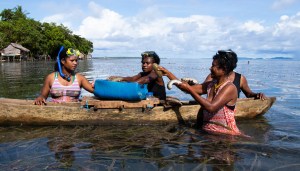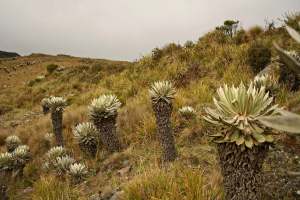Discover stories in Global Policy
Brazilian Family Farmers Use Agroforestry to Improve their Lands and Livelihoods (and Help Fight Climate Change)
Natural climate solutions, like agroforestry, can help protect biodiversity and contribute to the reductions needed to mitigate climate change.
Small but Mighty: Pacific Island Atolls are Globally Important Sites for Tropical Seabirds
Global conservation efforts largely overlook the important contributions of atolls to the protection, restoration, and survival of tropical seabirds.
Mapping the World’s Groundwater-Dependent Ecosystems Reveals Protection Gaps
A first-of-its-kind global map shows 53% of groundwater-dependent ecosystems are in areas of known groundwater depletion, and likely at risk.
Pronghorn Place: Preserve Protects Wildlife Migration Route
On Idaho's Flat Ranch Preserve, pronghorn have room to roam.
Want to Suppress Coral Disease? Bring Back Sea Cucumbers
By feeding on microbial pathogens in marine sediment, the weird and wonderful sea cucumber can enhance reef resilience by suppressing coral diseases.
Meet Lizzie McLeod, TNC’s Global Oceans Director
From religion major to glass blower to leader in global ocean conservation, Lizzie McLeod’s career path has been anything but conventional.
Migration Data Helps Protect Leatherbacks Across Oceans
Data from a TNC-lead tagging study reveals the epic migrations of leatherback turtles.
Fisheries Trusts Can Advance Sustainability and Resilience Goals
The first national review of community fisheries trusts in the U.S. shows they can achieve positive outcomes for fishing communities and marine ecosystems.
Freshwater Migratory Fish are in Trouble All Over the World
The Living Planet Index reports a staggering 81% average decline in global freshwater migratory fish populations since 1970.
Earlier Springs Cause Problems for Birds
A climate change induced mismatch between green up and migration may prove too much for some species. But researchers say there’s still hope
When Sea Cucumbers Spawn, Where Do Their Larvae Go?
New research on sea cucumber genetics indicates that locally managed marine areas are a good way to protect this fishery for communities.
Peatlands Are One of Earth’s Most Underrated Ecosystems
Peatlands are incredible Natural Climate Solutions. They cover only 3% of Earth’s surface, but store around 30% of all the carbon on land.
